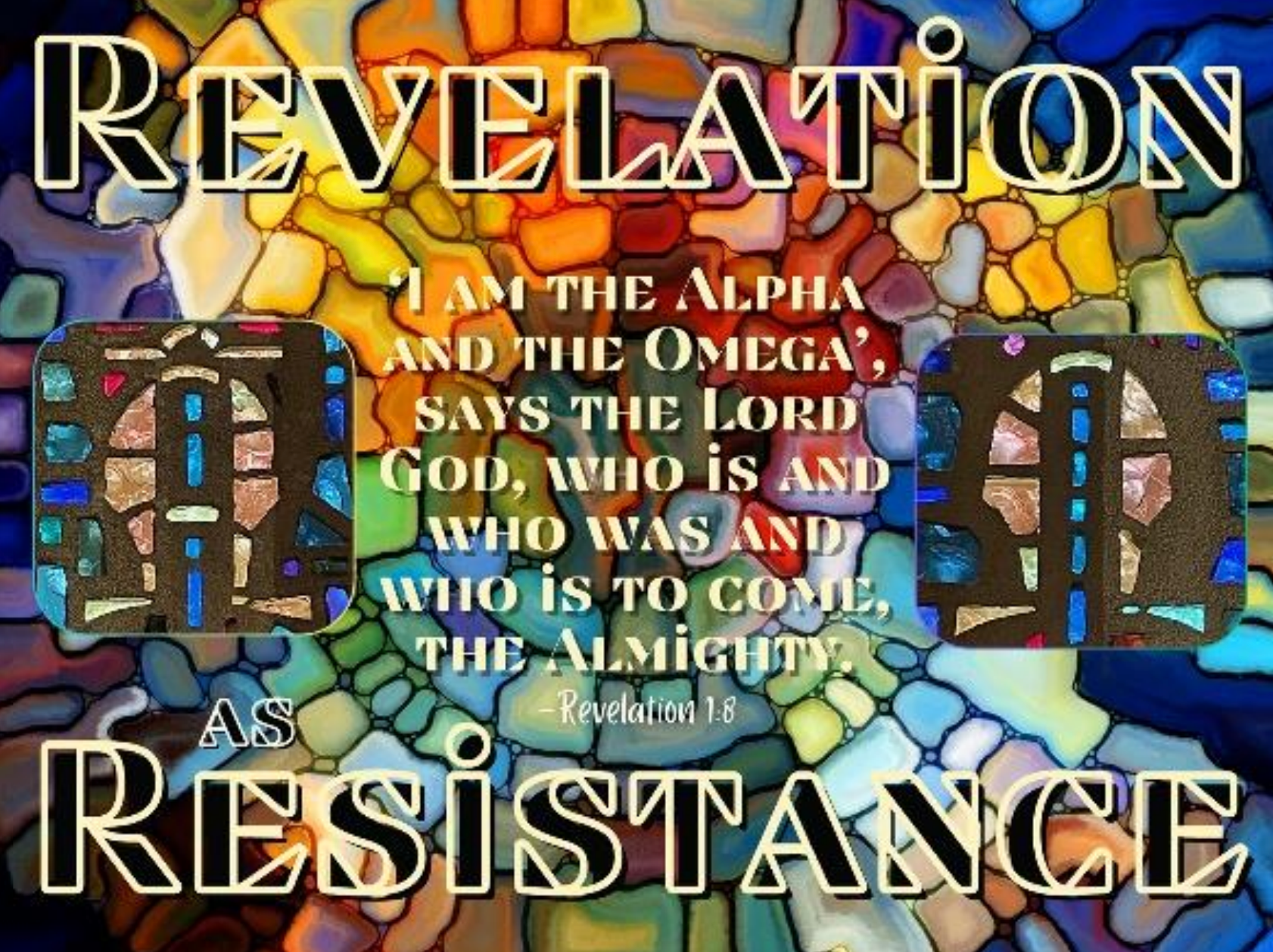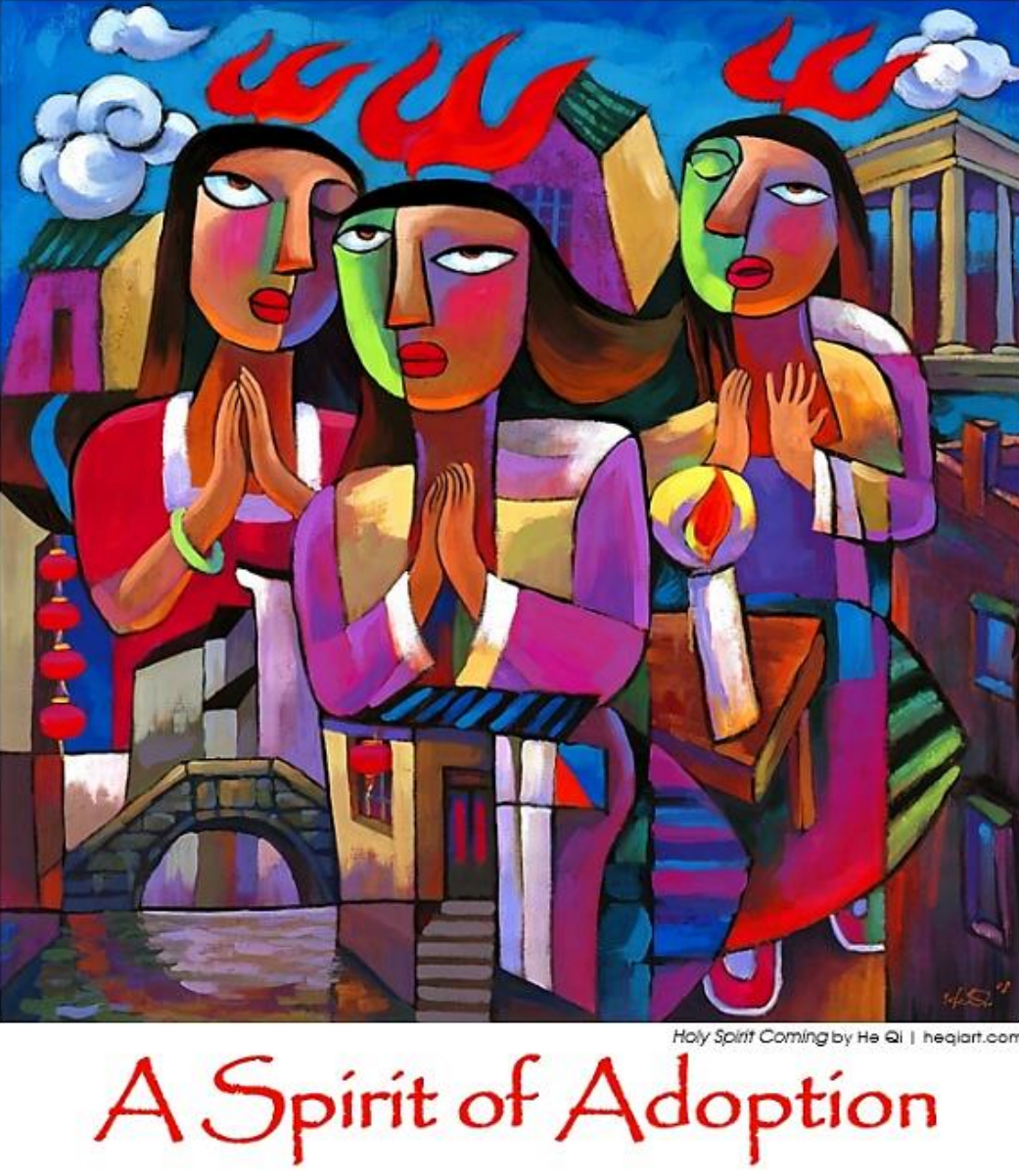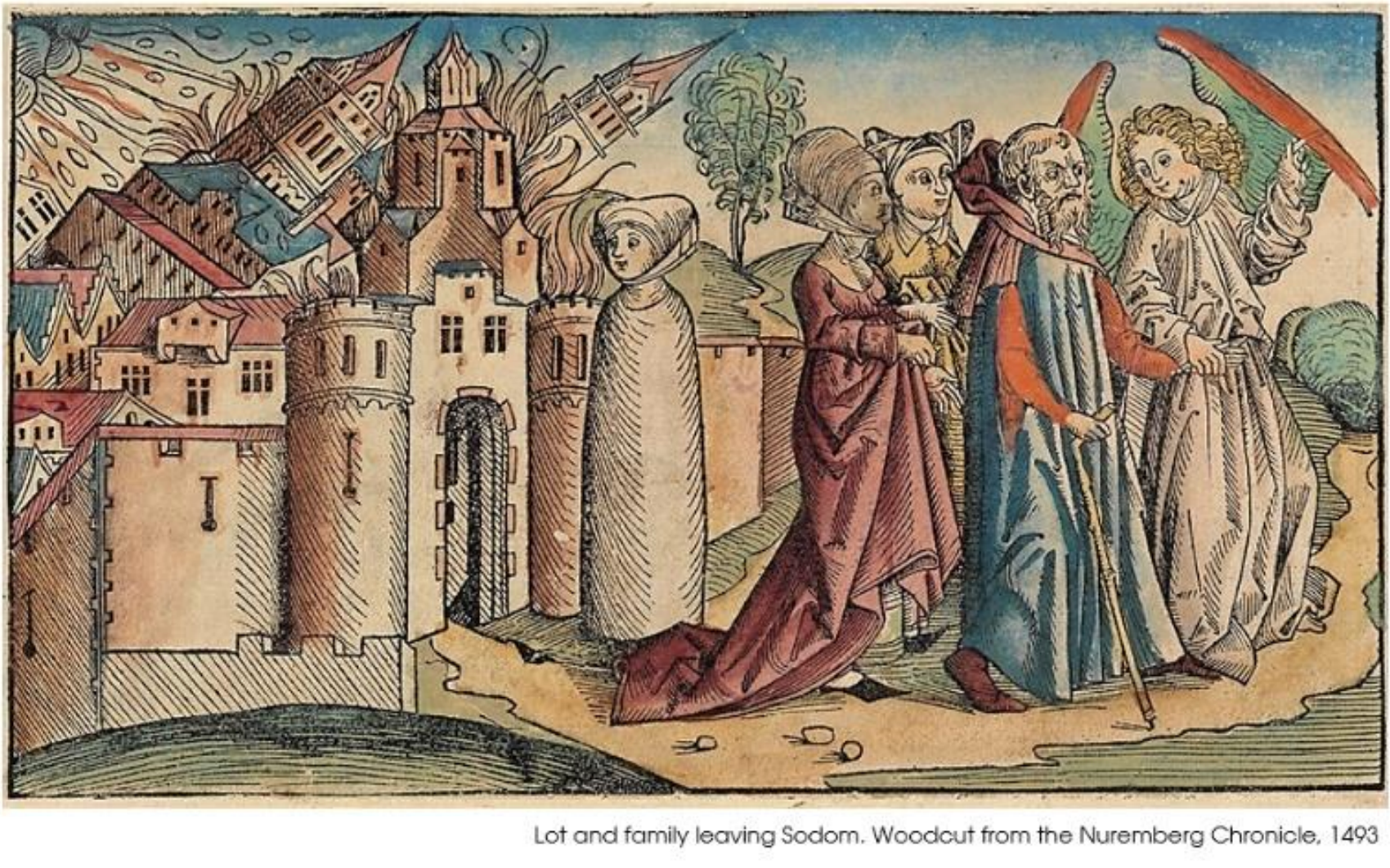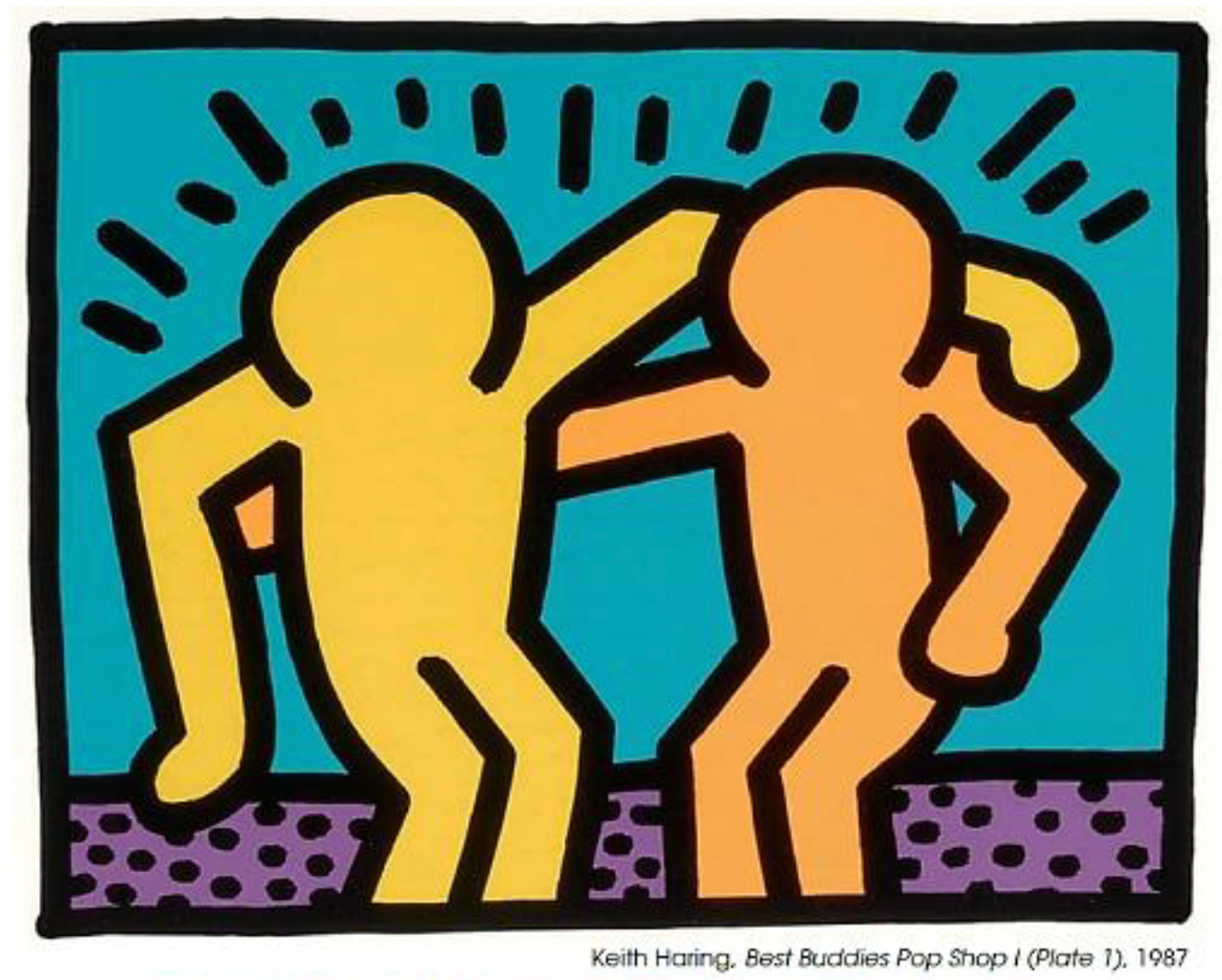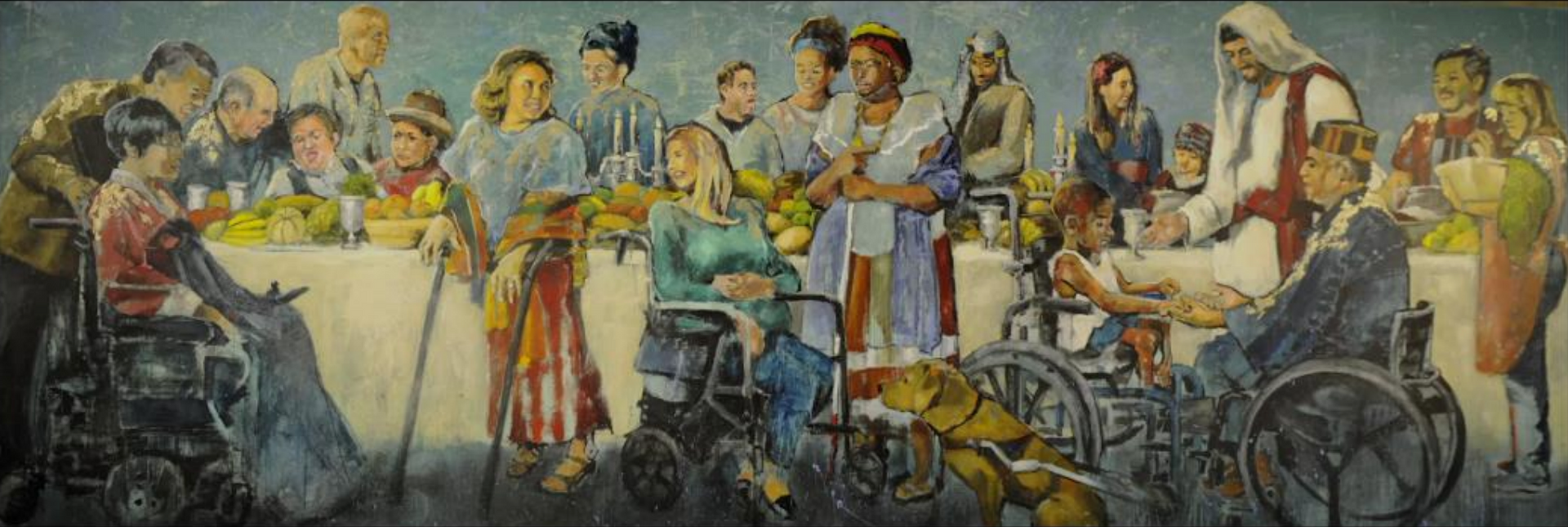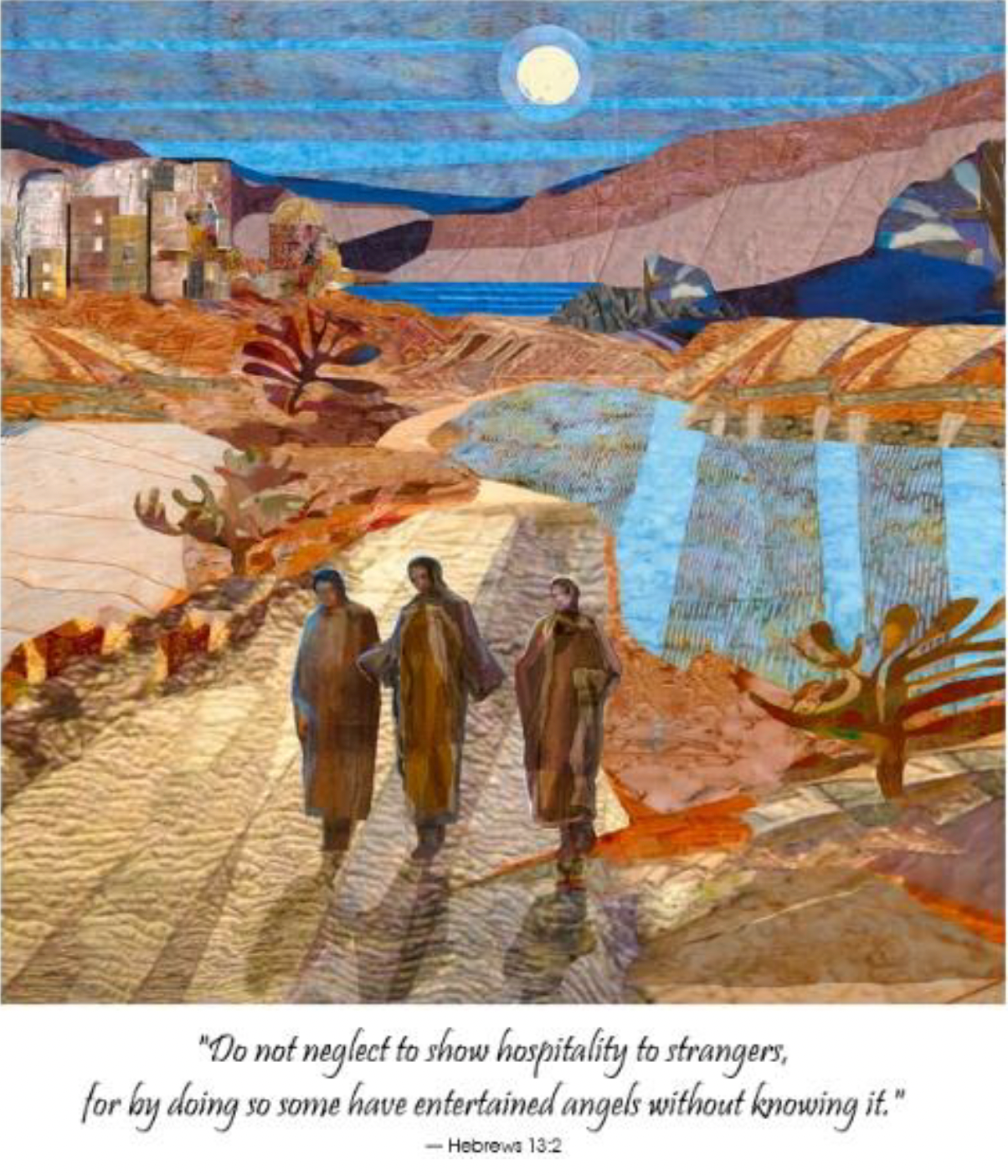A Texas Insider’s View of Juneteenth: On Juneteenth
In 2021, President Joe Biden signed into law our nation’s newest
federal holiday, June 19 –
Juneteenth Day of Observance. Other than getting a paid day off, most Americans probably don’t know much about what it is and why it is so important we understand and celebrate it.
In the book On Juneteenth , Pulitzer Prize-winning author Annette Gordon-Reed addresses so much more than just the holiday. Gordon-Reed describes what it was like growing up in a small town in East Texas in the 1960s and ‘70s: the history they studied and did not study in her public school, the unanticipated downsides of integrated classrooms (hint: the role of Black teachers), and her experiences as the only Black child in an all-white school. She also explores some fascinating aspects of Texas history: the story of the first Black slave (a Black African from Morocco) to explore the Southwest in the 1520’s (100 hundred years before Jamestown), a nuanced narrative of the Alamo where the heroes owned slaves, and how slaveholders’ interests dominated some twists and turns of Texas history including the decisions to become an independent republic and later join the United States. Only one chapter—the last—is titled “On Juneteenth,” yet all the preceding pages create a rich and colorful context for her discussion of the holiday.
Gordon-Reed is a beautiful writer, and her even-handed, thoughtful forays into various topics related to Texas history, her family, and slavery make for an edifying and—barring a few disturbing stories—a very enjoyable read. Gordon-Reed won the 2009 Pulitzer Prize for History and the National Book Award in 2008 for The Hemingses of Monticello: An American Family , and currently teaches history and law at Harvard University.
When purchasing On Juneteenth, consider supporting local Black-owned businesses such as Marcus Books in Oakland, marcusbooks.com.

